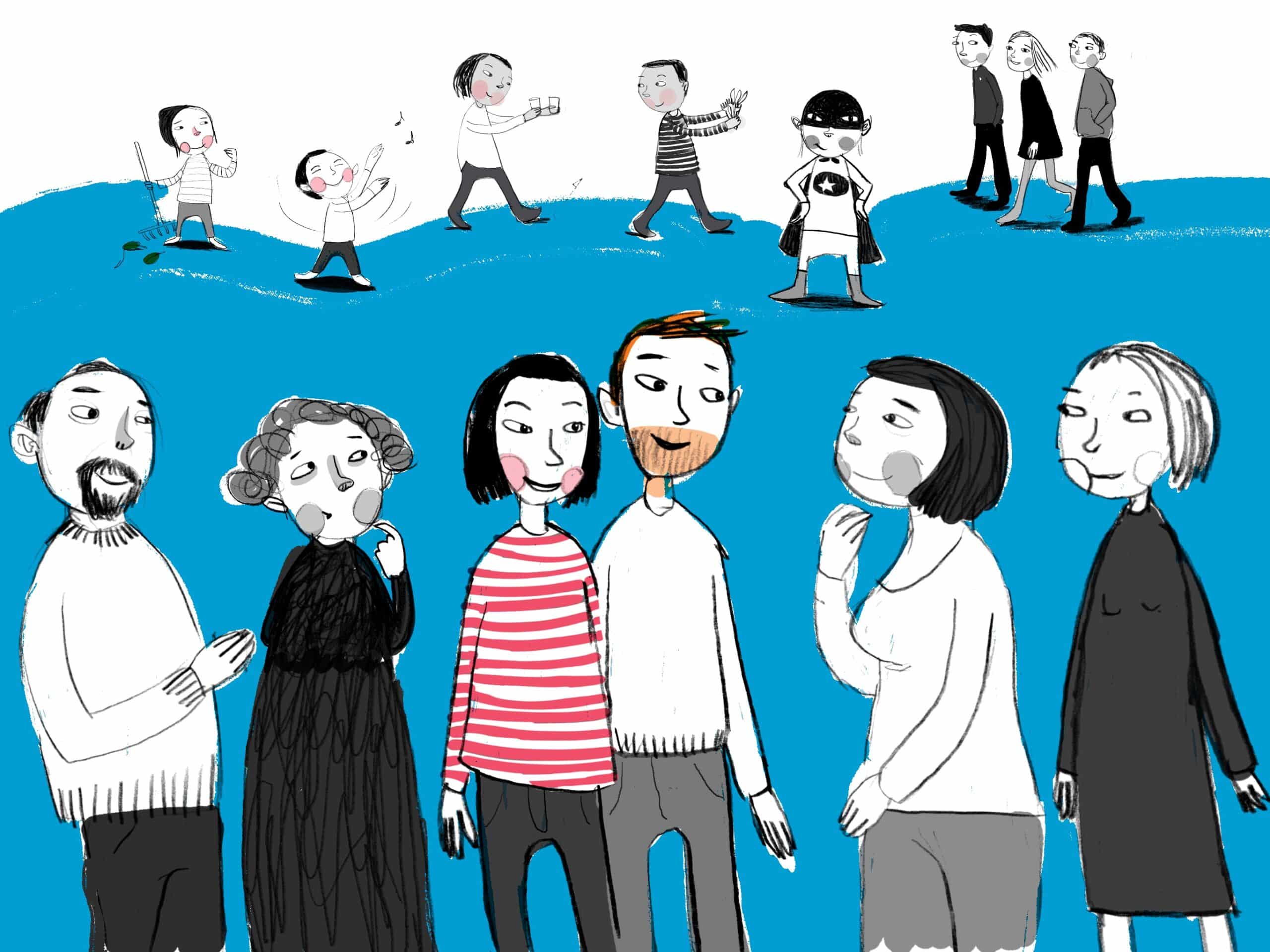Nuwara Eliya

Nuwara Eliya is a city located in the central province of Sri Lanka, with a population of 27,500 inhabitants. It is situated at an altitude of around 2000 metres and is known to be one of the coolest areas on the island.The province is also recognized as the most important location for tea production in Sri Lanka. On a yearly basis, the island exports around 300 million kilogrammes of tea!
However, this tea production in Nuwara Eliya involves exploitation of adults and children. The high percentage of poverty in the area also results in child malnutrition.
Since 1984, SOS Children’s Villages has been supporting children, young people and families and advocating for their rights in Nuwara Eliya.

32%
Of children in Nuwara Eliya are too short for their age
Children do not get enough food
Parents in Nuwara Eliya struggle to provide enough nutritious food for their children. In this district, 32% of children experience stunting (low height for age), which is a result of undernutrition. This is, sadly, the highest percentage in the whole of Sri Lanka.
In this same district, 12% of children experience wasting (low weight for height), which occurs when a child has not had food of adequate quality and quantity.
In order to improve the health of children, the government of Sri Lanka has nutrition programmes in place.

1%
Of children in Sri Lanka are forced to work
Exploitation in the tea plantations
Coming from a history of slavery and undocumented immigration, tea plantation workers in Nuwara Eliya still experience exploitation today. To earn the daily wage of 700 Sri Lankan Rupees (around €4), workers have to collect a minimum of 18 kilogrammes of tea leaves.
Not only adults are exploited on those tea plantations, but also children.
There is no exact data on children working in the tea plantations, but an estimated 43,000 children are involved in child labour on the whole island. This is 1% of the total child population of Sri Lanka.
Your support makes a difference for children in Nuwara Eliya
SOS Children’s Villages works with local partners and communities to offer a wide range of support that is adapted to the local context. We always work in the best interest of the children, young people and families.
.png)
160
Families
Can stay together

70
Children and young people
Grow up in our care
.png)
30
Young people
Are supported on their way to independence

How your support helps in Nuwara Eliya
.png)
Strengthening families and communities
When parents face hardships, they can sometimes struggle to give children the care they need. SOS Children’s Villages works with local partners and communities. Each family needs different support so that they can stay together. This support can include workshops on parenting and children’s rights. We also run training so that parents can get the skills they need to get a job or start their own businesses. Likewise, we ensure that children can get medical help and go to school.

Caring for children who cannot live with their families
Some children cannot stay with their families, even with additional support. When this happens, they can find a new home in SOS Children’s Villages. Here the children can build safe and lasting relationships. All the children in our care have access to education and healthcare. Wherever possible, we work closely with the children’s family of origin. If children can return to live with their families, we help them adapt to this change.
.png)
Supporting young people to become independent
To help young people become confident and independent, our local team works closely with each young person to develop a plan for their future. We support young people and also help them prepare for the labour market and increase their employment prospects. For example, young people can attend workshops and trainings run by SOS Children’s Villages. They also improve their skills through taking part in different projects with local mentors and businesses.